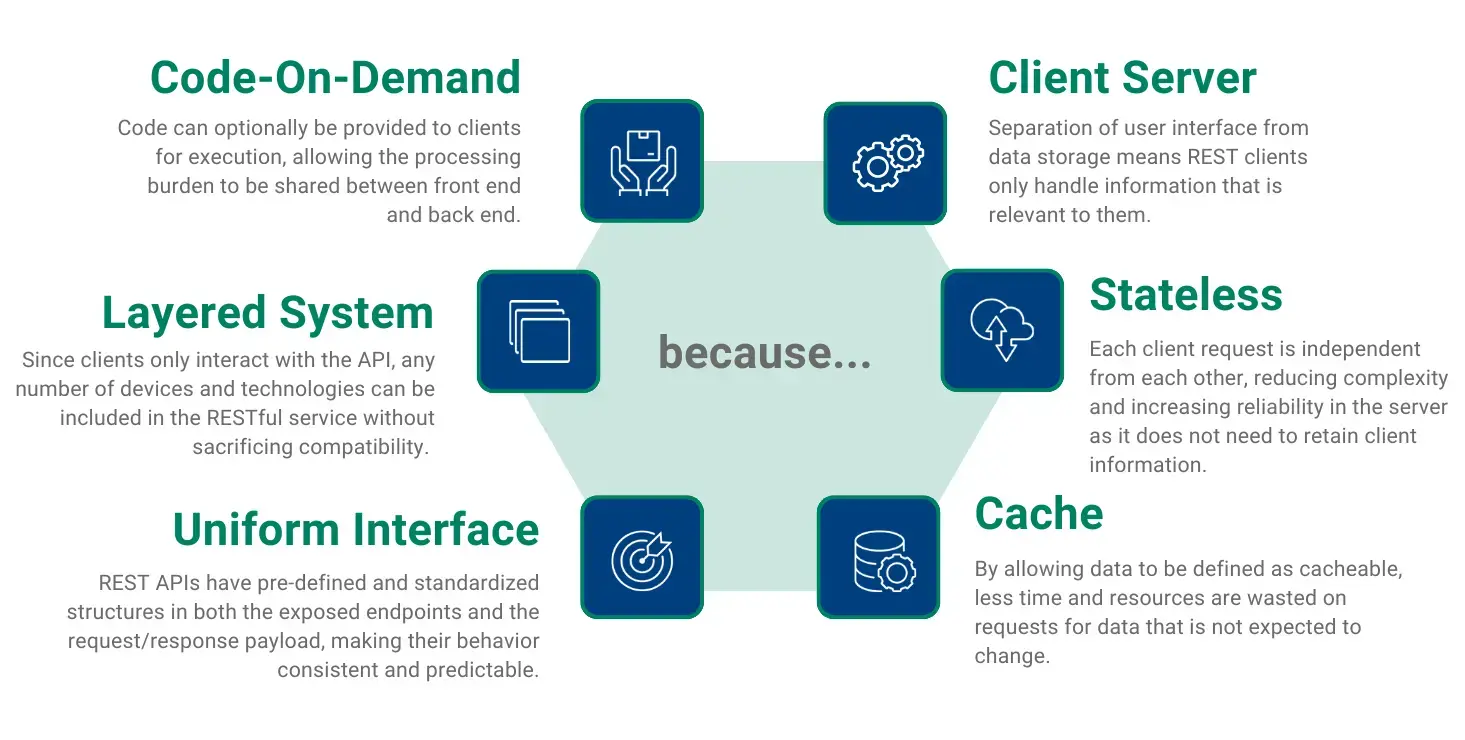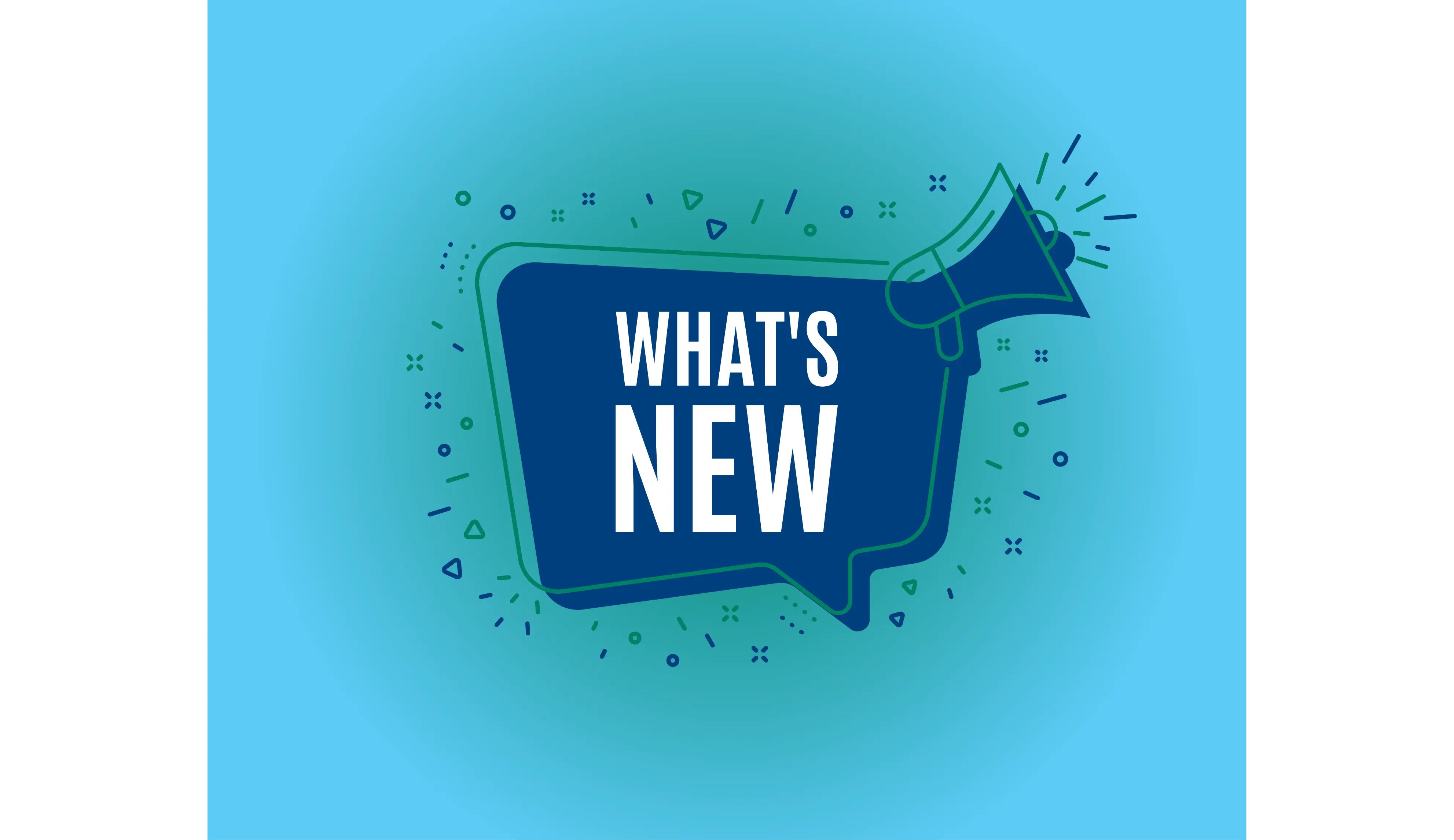Happy belated Earth Day! We hope you took the time on Tuesday to enjoy the great outdoors or made a plan to get outside this weekend. Perhaps you did neither and instead decided to put your reusable water bottle to use instead of grabbing another plastic bottle of water to drink from for the day. Whatever you did, we hope it made you happy because that’s part of what celebrating Earth Day is all about.
In this final post of our 2025 Environmental Sustainability blog series, we’re diving into how industries can make smarter, greener decisions using actionable RESTful web services. I know that may sound like a stretch to connect these things, but keep reading: I’m going to discuss the technology, the data sources that you can consume to impact your sustainability results, and how you can bring them together without writing any code.










